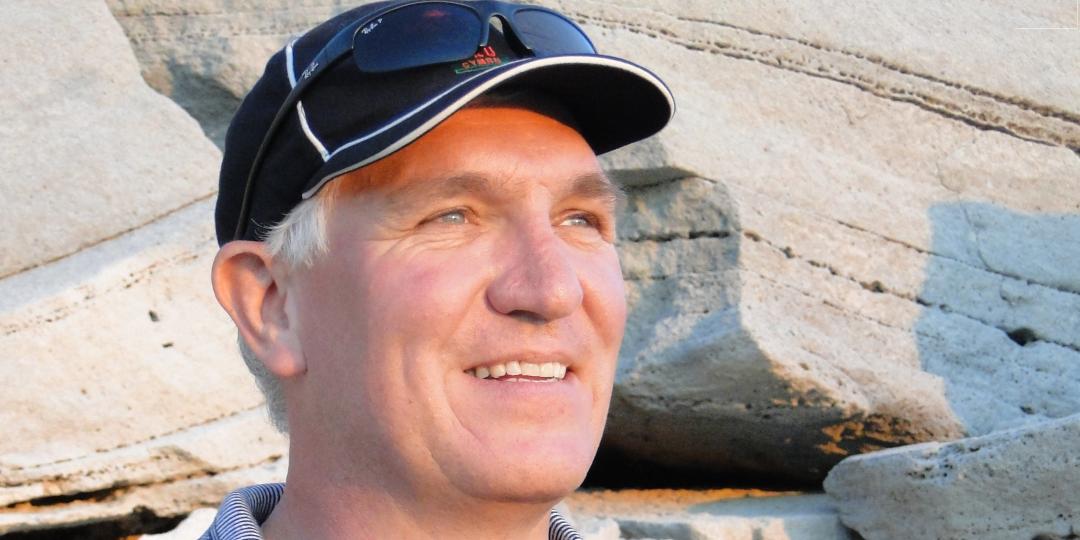Tourism Update chats with Daryl Keywood, MD Walthers Destination Business Solutions and Authentic Travel Africa, about business during these unsettled times.
Q: How are your forward bookings for southern and East African destinations looking?
A: We’ve all realised that business is returning slower than expected. There is still much uncertainty, especially when it comes to business events. Although a handful of clients are still hoping to run their events in late 2021, most are now looking at 2022 or even later. We have one large 1 000-person event still hanging for late September this year. A successful Lions Rugby Tour and relaxation of restrictions on venue numbers would give the client the confidence to go ahead, however I would say there is a 50/50 chance they postpone further to 2022.
Q: How has COVID-19 changed the idea of incentives?
A: An important aspect of incentive travel and team motivation is the camaraderie created when qualifiers gather together. For those top performers who usually travel once or more per year on incentive programmes, the lack of face-to-face interaction has been excruciating. It’s much easier to convey the learning experiences for conference and meeting content virtually, but incentives in particular require face to face to achieve the business objective. It is during these trips that top distributers share their concerns, sales people feel acknowledged and senior management gain insight that just doesn’t occur around a conference table.
I’ve no doubt hybrid events will remain. It’s great to be able to have a keynote speaker or to include those who couldn’t make a trip in an award ceremony, for example. We are, however, a relationship industry and virtual cannot replace the connections we make when we meet and interact face to face. Zoom fatigue is real.
Q: Is it safe to say demand for incentive travel has picked up?
A: The pent-up demand for incentive travel is huge. Already US companies are booking significant domestic incentive travel programmes. They will expand to those destinations demonstrating that they have excellent protocols and that they’ve progressed well with their vaccination programmes so any risk is minimised. For 2022, we mostly have postponed events planned and most new requests are for late 2022 and beyond. SITE, the global incentive travel association, recently announced its 2020 Incentive Travel Index results and in the short term, incentive business will tend to stay close to home. There is, however, a strong desire for authentic experiences and safe destinations should see our region recover quickly once the pandemic eases.
Q: How has your company learnt from this pandemic?
A: Like most companies, we had to make tough decisions to ensure the future viability of our business. We have reduced our operating costs to around 20% of what they were in 2019. This is not sustainable in the long run, but it is part of our survival strategy. Unfortunately with salaries comprising about 50% of costs, we did need to take the difficult decision to reduce staff costs with the associated pain for our team. We hope that by 2022 business will have improved to the point where we can bring back some of those staff. On reflection, the best decisions we made were to build strong reserves and to implement a ‘trust account system’ for our clients’ funds. Whilst it took some time to rebook and obtain refunds for cancelled bookings, we were able to refund everyone who wanted to cancel and had the cash on hand to do so. Looking forward we know that we can run our business on a much leaner basis. Remote working means less office space required and saves on commuting costs for our staff.
Q: What interventions will reignite tourism in the MICE sector?
A: Quite simply, our clients are keen to travel, but they need clear certainty in terms of regulations for gatherings and simple entry requirements, whether these include a 72-hour PCR test, a rapid test on arrival, vaccination certificate or entry testing at the venue. Most clients are prepared to work within guidelines and merely need to understand what those are. Many of our clients are from visa-waiver countries, however, we do enjoy business from Africa and other emerging markets where the visa process is still challenging. The faster we can roll out an e-visa programme the better. The demand from both postponed and new events is definitely there.
Q: What is your plan if things take a turn for the worse again?
A: We foresee at least one more speedbump and hope that, if a third wave arrives, it comes soon and is over quickly. Our plan is to assume a worst case of zero business for 2021, which hopefully won’t be the case. Business events remain important to us, however we have also invested in our FIT/leisure business, as leisure bookings will recover faster and generate income during 2021.
Q: What is a realistic outlook for this year in terms of big international MICE events in SA?
A: Let’s face it, for international MICE events, 2021 will remain a challenge. Flight access is currently a huge issue for several markets. Take Brazil, one of our key markets for incentives, as an example. We have confirmed, deposit-paid incentive clients who just cannot plan their postponed events due to both LATAM and SAA being in business rescue. We have also seen events for 2021 postpone to 2023 due to the knock-on effect of their 2020 events moving to 2021 and then postponing a second time to 2022, pushing South Africa out a further year to 2023.
Q: Where have you found opportunities?
A: In any crisis there is opportunity and we have restructured and actually grown our international marketing efforts. We kept all our international representatives and invested in online as well as the appointment of representation companies for both business events as well as leisure in Germany and Spain, with more to follow. We also rebranded our FIT/Leisure product with a new brand, namely Authentic Travel Africa.
























